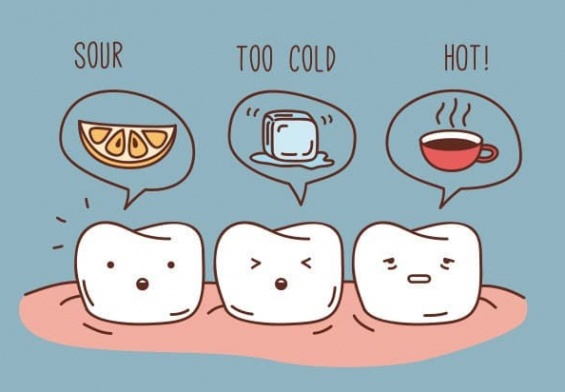Dentures are replacements for missing teeth that can be taken out and put back into your mouth. There are many reasons why people lose their teeth, the most prevalent being dental disease that results in tooth decay. Tooth loss can happen at any age, but it doesn’t have to mean living without an attractive smile.
Signs You May Need Dentures
• You don’t visit the dentist every six months.
• Gums are red, swollen, tender, or bleeding.
• Teeth are loose shifting, or the gaps between your teeth are wider.
• Toothache
• Missing a couple teeth
• Having trouble eating hard or chewy foods
• Indigestion
• Self-conscious about smiling
How Do Dentures Work?
If you decide on full dentures, a flesh colored acrylic base fits over your gums. The base of the upper denture covers the palate, while that of the lower denture is shaped like a horseshoe to accommodate your tongue. Dentures are custom –made in a dental laboratory from impressions taken of your mouth.
Temporary Dentures
If you’ve had teeth removed due to decay or gum disease and will be receiving permanent dentures, your dentist may suggest temporary dentures. You can wear these dentures for the first two to three months right after tooth removal. Temporary dentures can help if you have a history of sensitive teeth and gums. These dentures are made using the same technique as permanent dentures.
Types of Dentures
• Conventional – The full removable denture is made and placed in your mouth after the remaining teeth are removed and tissues have healed, which may take several months.
• Immediate – This removable denture is inserted on the same day that the remaining teeth are removed. Your dentist takes measurements and makes models of your jaw during a preliminary visit.
• Overdenture – Sometimes some of your teeth can be saved to preserve your jawbone and provide stability and support for the denture. An overdenture fits over a small number of remaining natural teeth after they have been prepared by your dentist. Sometimes crowns are placed on some of your natural teeth and serve as anchors for the denture.
How Long Do Dentures Last?
As you age, your mouth naturally changes. These changes cause your dentures to loosen, making chewing difficult and irritating your gums. You should see your dentist annually for a checkup, because with time your denture will need to be relined, remade, or rebased due to normal wear.

How to Take Care of Dentures
• Rinse your dentures before brushing to remove any loose food or debris.
• If you’re not wearing your dentures, put them in a safe place covered in water to keep them from warping.
• When brushing, clean your mouth thoroughly, including gums, cheeks, roof of your mouth and tongue to remove plaque.
• Brush every morning with a soft-bristled brush before you insert your dentures.
• When handling dentures, stand over a folded towel or basin of water. Dentures are delicate and may break if dropped.
• If your dentures break, chip, crack or become loose, you should see a dentist immediately. Don’t attempt to adjust them yourself.
How Long Before I Get Used to My Dentures?
New dentures may feel awkward for a few weeks until you become accustomed to them. The dentures may feel loose while the muscles of your cheek and tongue learn to keep them in place. You may experience mirror irritation or soreness.
Cost of Dentures
Complete dentures can cost anywhere from $300 to $5,000 per plate. For top and bottom plates together, you’d be looking at $600-$10,000. Less expensive sets are made with lower quality materials and their warranties reflect on that. The most expensive sets are custom made out of high-quality materials. They often come with long warranties and/or maintenance service included. High quality complete dentures will usually start off at $800-$1,500 per plate. The price range of partial dentures is about $300-$5,000 for plate, $600-10,000 for a full set, but it depends somewhat on the situation of your mouth. Contact a dentist in your local area, to get more information on dentures.



